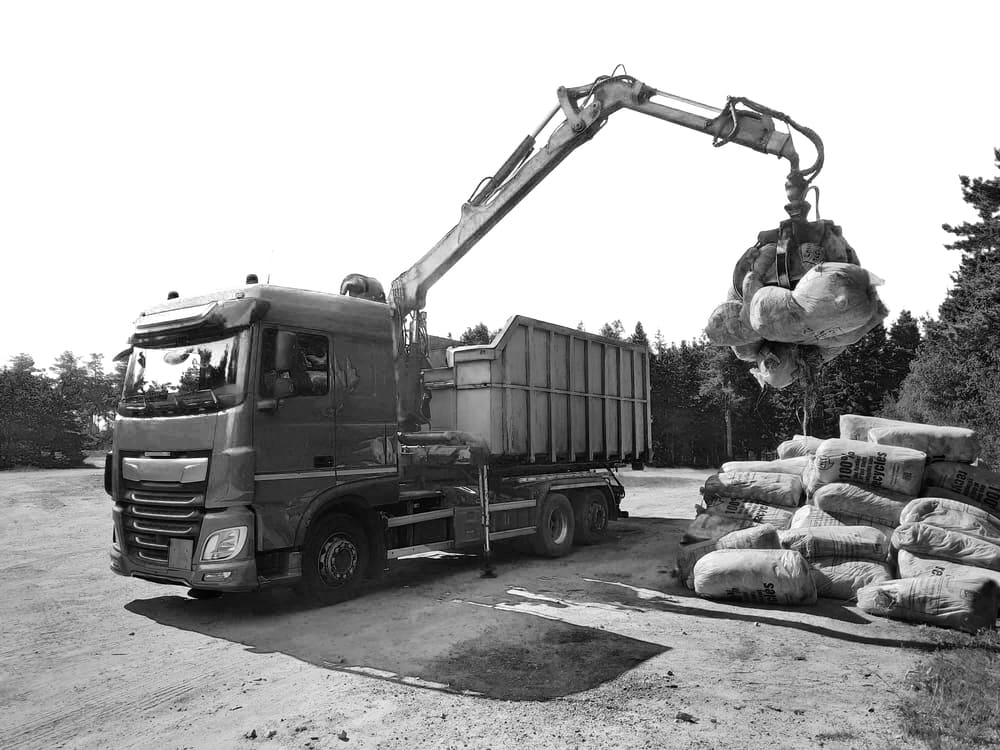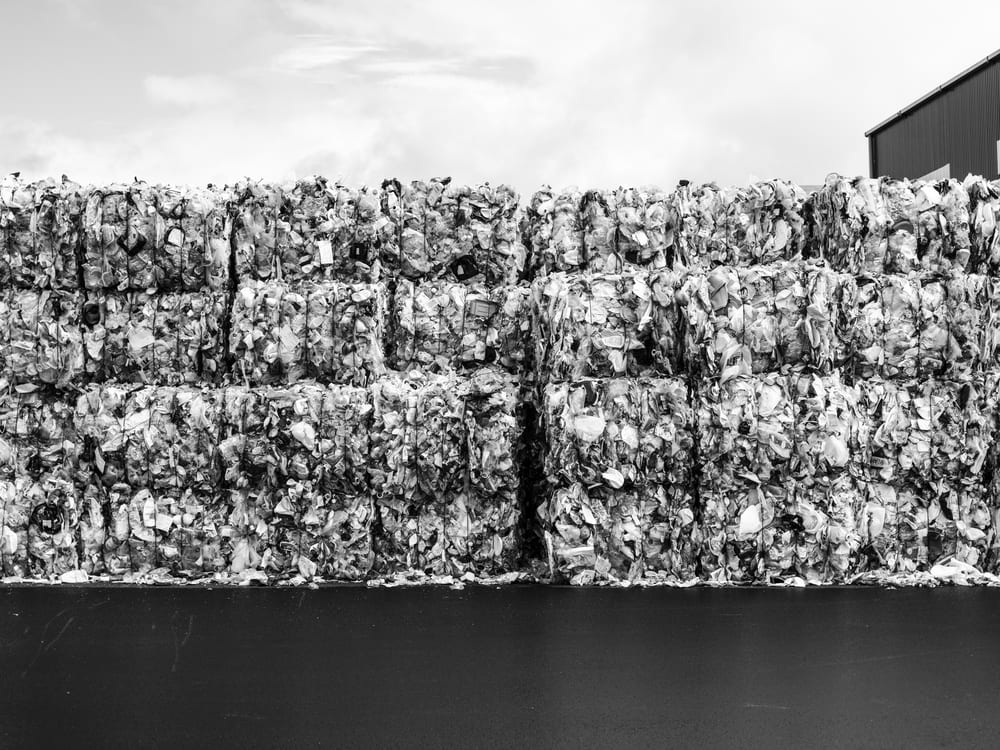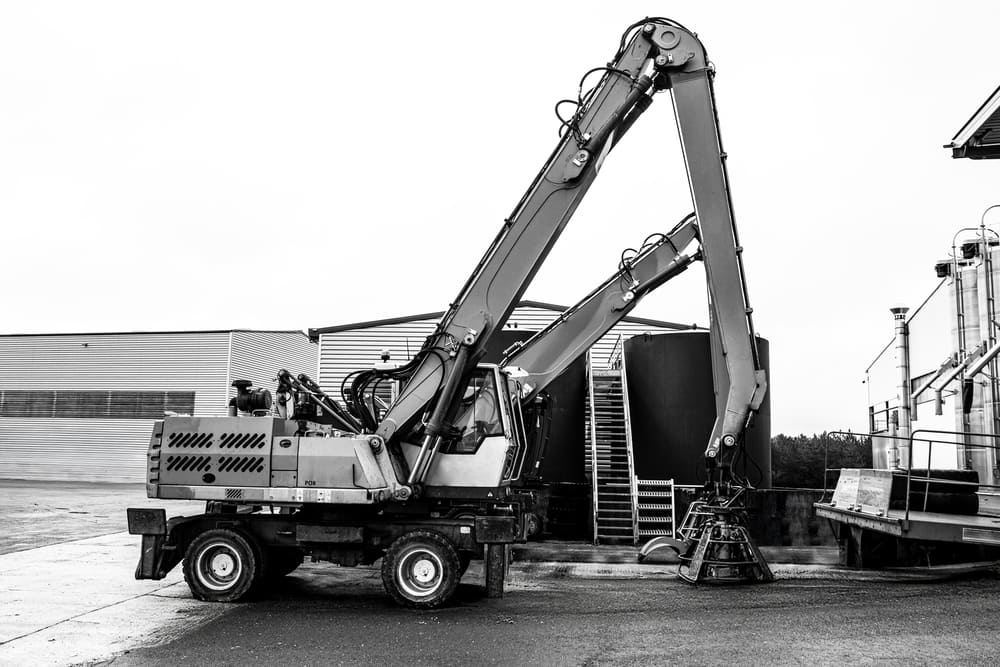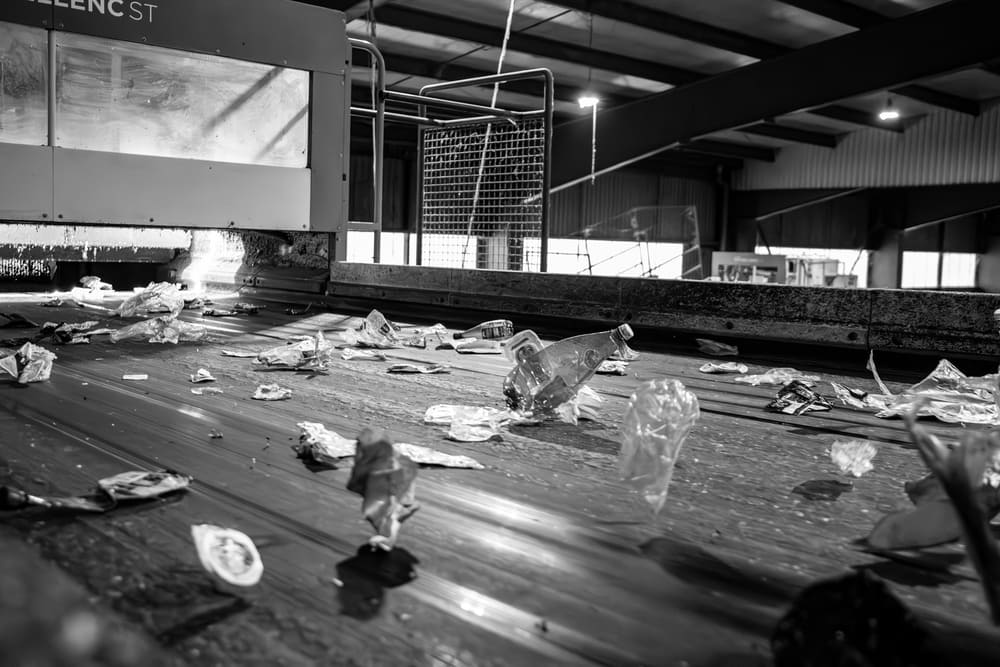


Recycling solutions
Collection
Collection is the first link in the waste disposal chain.
Depending on the nature of your activity and your needs, Environnement Massif Central will identify your waste production and offer you appropriate solutions:
- Bulk collection
- Mixed collection or sorting at source
- Provision of containers: 120 to 900 litre bins, 7 to 40 m3 skips, fixed compactors, monobloc compactors, etc.
The aim is to optimise the resources deployed while meeting your environmental requirements.
To ensure the best possible quality of service and to reduce the carbon footprint of collection, Environnement Massif Central has a fleet of recent vehicles, all complying with Euro V or Euro VI standards.
A collection slip is issued for each collection, the waste is weighed on arrival on site and the weights entered into our information system, guaranteeing you full traceability.
Thanks to the experience it has built up over the years and its in-depth knowledge of the region, Environnement Massif Central is able to respond quickly to your requests for one-off or regular collections, and can deal with any emergency situation.


Sorting / Processing
Sorting is an essential step in recycling waste.
Environnement Massif Central uses three sorting techniques:
Manual sorting
Manual sorting is often a prerequisite for automated or mechanised processing. This stage consists of separating the bulky items in the company waste skips that could interfere with the sorting process:
- Cardboard in the selective collection
- Large wooden elements
- Plastic...
Mechanised sorting
Mechanised sorting involves separating waste using handling equipment. This process is used upstream of automated treatment or as the main treatment process for sorting scrap metal by category, for example.


Automated sorting
In 2010, Environnement Massif Central began automating waste sorting.
Initially reserved for a fraction of household waste, this process has been extended to selective collection, over-sorting of plastics resulting from the extension of sorting instructions and, more recently, to corporate waste, bulky waste from waste collection centres and hard plastics from waste collection centres.
This process uses a number of technologies, including optical sorting, which can be combined to sort up to 10 different materials.
Since 2010, the introduction of automated sorting at Environnement Massif Central has created 30 additional jobs, improved working conditions for operators and raised their skill levels.

